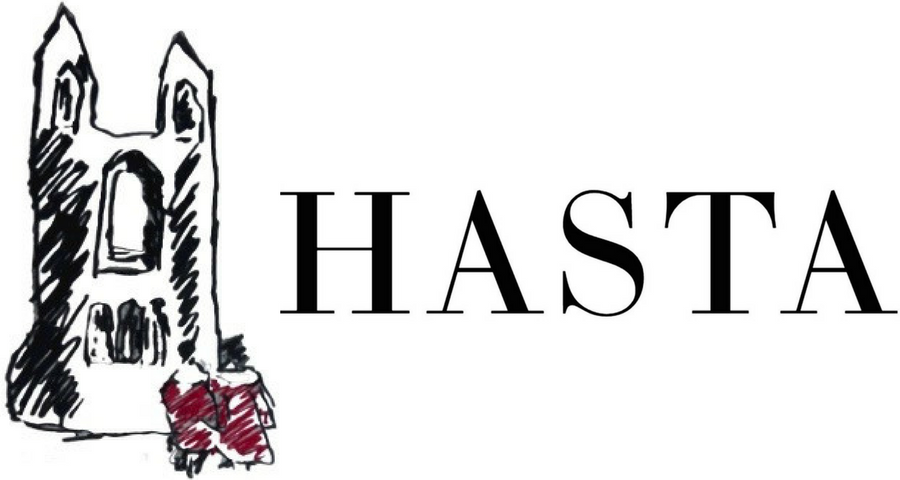Berlin's Museums Receive Overdue Organisational Reform
By Jake Erlewine
On 5 December, State Minister for Culture Claudia Roth announced sizeable reforms to Berlin’s major cultural institution, the Prussian Cultural Heritage Foundation (Stiftung Preussischer Kulturbesitz, SPK). The bureaucracy closely manages many of Berlin’s world-famous museums, including the Pergamon Museum, the Nationalgalerie, and the Bode Museum; however, it takes on this monumental task with only a combined 1900 employees and ⅓ the budget of the Smithsonian Institution, an organisation with a comparable reach. The underfunding, combined with a history of “multi-layered hierarchies and unclear decision making” by its board, raised questions about the efficacy and sustainability of its procedures.
Die Neue Nationalgalerie am Kulturforum. Image: BKM/Thomas Meyer/Ostkreuz
The push for reform in the capital’s galleries began in 2018 when the Ministry for Culture commissioned a panel of academics to investigate the Byzantine bureaucratic structure of the SPK. The finding that the “complicated and inefficient structure [of the SPK] often prevents the potential for further development” of the city’s cultural assets was of little surprise to the Berlin art scene, as the failure to “inspire a national and international audience” in museums tantamount to those in Paris and London is openly admitted by the German press.
Previously slated for dissolution, the State asked instead for a separate council to streamline the SPK’s operations. The suggested reforms include more autonomy for individual museums and individual budgets for institutions; however, this contrasts with the council’s recommendation that the museums have only two seats on the seven-strong SPK board of directors. Whether this could negate the organisational revamp and preserve the SPK’s ironclad hold over its institutions is not clear yet.
Perhaps the most important facet of the reorganisation - the financing - was crucially tabled until this summer, when new proposals regarding the fiduciary structure of the organisation will be submitted to the board of trustees. Stuck for now with an infinitesimal 4 million euro budget spread across 15 museums, this leaves SPK institutions in limbo, especially with museums having only two votes on the board that delegates their funds.
Also prevalent in the listed reforms was the need for more communication between the SPK-owned Ethnographic Museum and Museum of Asian Art, and the independent yet controversial Humboldt Forum. Housed in a new reconstruction of the Berlin Palace, the non-Western collections of the German state have been criticised by art historians such as Benedicte Savoy for a lack of attention to provenance research, and the perpetuation of a colonial epistemology inherent in non-Western art being housed in a fundamentally nationalist building. The confusing hierarchy of the collections led Tagesspiel bluntly to conclude that “nobody understands the distribution of responsibilities” regarding Berlin’s ethnographic collections. Considering that this all takes place under an organisation that bears the Prussian name, it is obvious to see why the centralisation of Berlin’s non-Western art makes optical and political sense.
The reformation of one of Europe’s most important cultural institutions is clearly being done in a wholly Prussian way: slow, methodical, and not all at once. German press has compared the SPK’s reform process to a tanker, but a sharper metaphor could perhaps be that of the controversial inscription on the dome of the newly reconstructed Berlin Palace, which reads “In the name of Jesus all the knees of those in heaven and on earth and under the earth should bow.” This declaration of might to the revolutionaries of 1848 by Frederick William IV crystallised the hesitancy of the German state to reform. Now, in an era where reform in Berlin’s museums is desperately needed, is it too little, too late for the city’s fine arts sector? This remains to be seen.
Bibliography
Egidi, Chiara Zampetti. “Overdue Review Shakes up Germany's Largest Cultural Institution.” The Art Newspaper - International Art News and Events, The Art Newspaper - International Art News and Events, 23 Jan. 2023, https://www.theartnewspaper.com/2023/01/23/overdue-review-shakes-up-german-culture-foundation.
“Grundsatzbeschluss Zur Spk-Reform: Bundesregierung.” Die Bundesregierung Informiert | Startseite, 5 Dec. 2022, https://www.bundesregierung.de/breg-de/bundesregierung/bundeskanzleramt/staatsministerin-fuer-kultur-und-medien/spk-reform-beschluss-2149882.
Hickley, Catherine. “Meet the Man Overhauling Berlin's 'Dysfunctional' Museums in Wake of Bombshell Report.” The Art Newspaper - International Art News and Events, The Art Newspaper - International Art News and Events, 28 Sept. 2021, https://www.theartnewspaper.com/2020/09/14/meet-the-man-overhauling-berlins-dysfunctional-museums-in-wake-of-bombshell-report.
O'Donnell, Nicholas. “The Problem with Prussia.” Apollo Magazine, 23 Jan. 2023, https://www.apollo-magazine.com/prussian-cultural-heritage-foundation-name-change-spk-germany/.
Oswald, Margareta von. “Troubling Colonial Epistemologies in Berlin’s Ethnologisches Museum: Provenance Research and the Humboldt Forum.” In Across Anthropology: Troubling Colonial Legacies, Museums, and the Curatorial, edited by Margareta von Oswald and Jonas Tinius, 106–29. Leuven University Press, 2020. https://doi.org/10.2307/j.ctv125jqxp.11.
Schaper, Rüdiger. “Reform Der Preußen-Stiftung: Nur Nichts Übereilen.” Aktuelle News: Nachrichten Aus Berlin Und Der Welt, Der Tagesspiegel, 27 Dec. 2022, https://www.tagesspiegel.de/kultur/reform-der-preussen-stiftung-nur-nichts-ubereilen-8978896.html.
Trilling, Daniel. “Has the Humboldt Forum Got It Horribly Wrong?” Apollo Magazine, 22 Jan. 2022, https://www.apollo-magazine.com/humboldt-forum-berlin-ethnographic-collections/.

